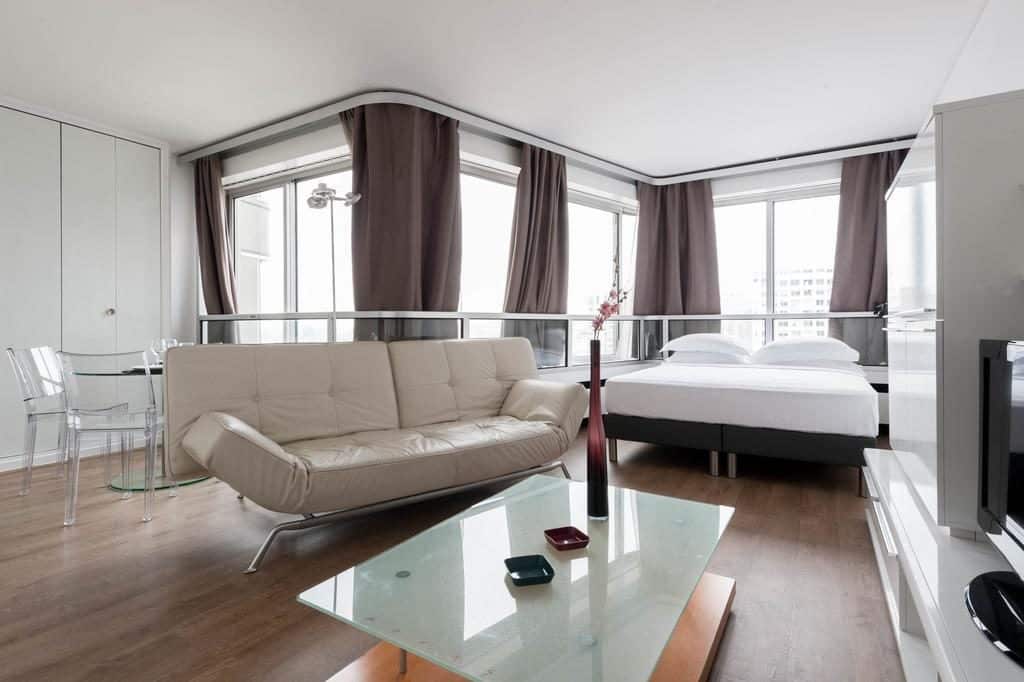Berlin, 22 March 2017 –
The history of the grand hotel is being rewritten. Technical refinement like warm running water on the fifth floor or telephones were a great luxury for the nobility of the 18th and 19th century. Today’s luxury consists in space, seclusion and sumptuous comfort.
More and more stylish apartments and villas in great city and beach locations offer exactly that. Accor and Airbnb have long jumped on the bandwagon: By acquiring Onefinestay (Accor) and Luxury Retreats (Airbnb), the disruptive business with profitable luxury travelers is being overhauled. Alongside some amazing revolutions like private living space vs. commercial hotels, this is a new and revolutionary chapter in accommodation.

After the acquisition of Fairmont Raffles and the cooperation with Banyan Tree, Accor now conquers a new business segment with onefinestay.com. Luxury accommodation is bookable for luxury hotel prices via this platform and also via booking.com. This is by no means a playground for Accor – with shares in squarebreak.com (49%) and oasiscollections.com (28%) the new business segment is being challenged.
Airbnb is apparently preparing its new business segment with the acquisition of luxuryretreats.com. 3,700 villas with hotel services are now for rent. According to media reports, Accor and Expedia also submitted their bids. The platform is also planning to make private rentals bookable via trivago.com in the future. Meanwhile, Expedia has added around 20,000 accommodations from homeaway.com, which had been acquired for 3.9 billion dollars in 2015, to its booking list. The mix of traditional hotels and private properties is now constantly evolving on the booking platform. Priceline’s OTA booking.com has long doubled its portfolio: Only half of the accommodation on offer are now hotels.
Accor-CEO Sébastien Bazin expects 30 percent of future sales to come from non-hotel room rentals, quotes the “Financial Times”. The rapidly growing segment of private property with all its great variety is a huge challenge for the conventional hotel industry with its standardized rooms. The security and service argument, as suggested by IHG’s CEO Richard Solomons, is not convincing any more. Airbnb’s booking numbers, also for business travelers, strongly support this trend.

